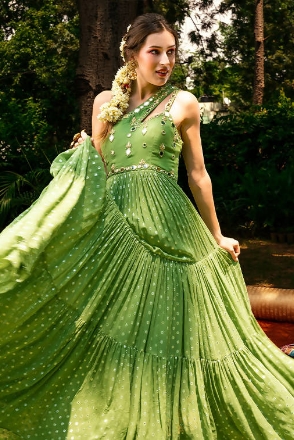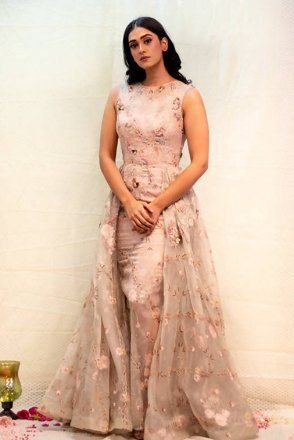With digitisation happening in all fields at a scale never seen before, it’s surely going to make inroads into skincare too. But can an industry that depends on customised solutions, fall back upon Artificial Intelligence (AI) and Machine Learning (ML) for immersive and accurate experiences?
Perhaps it can. Or, it will eventually move there. The click-and-shop economy is hastening that process now. Globally, firms like M.A.C. and Clinique were using AI and Augmented Reality (AR) to help customize products to skin type much before the pandemic. M.A.C. uses YouCam’s AR technology for virtual try-on features for lip and eye colours. Clinique also helps you in a similar way to get your foundation shade.
However, the beauty and cosmetic industries is yet to see a largescale penetration of advanced technologies, even after having a large market cap. Nevertheless, AI has the potential to bring a paradigm shift in the industry by helping businesses understand their customers’ preferences.
AI can help understand customer preferences better, and thus aid in the boost of sales for businesses. Some of the ways AI can be used are by manufacturing customized products, offering personalized solutions and virtual trials.
AI algorithms can analyse feedback, comments and reviews posted by customers on websites, social media, and other online platforms. Businesses can thus analyse such data to create products that customers will be most likely to buy.
Data can be sought by asking customers to fill a questionnaire about the type of cosmetics and the results they are looking for. The algorithms then analyse the data to provide a skincare routine that aligns with the person’s goals.
Thus, with AI, customers can virtually try thousands of products. They can virtually wear makeup products such as lipsticks, foundations, lip gloss, and eyeshadows without having to remove the existing shade and then try a new one, which is painstaking when done manually. The quality of the results would of course depend on the quality of the input data.







